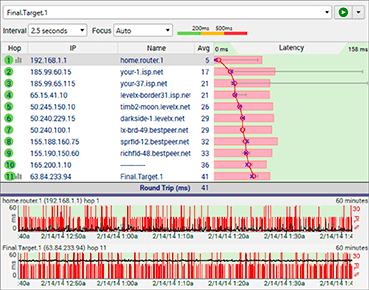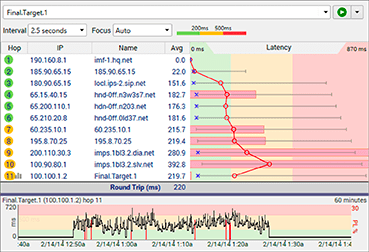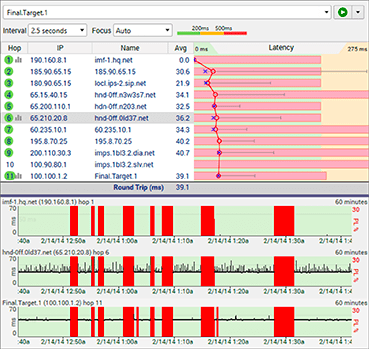Solving Local Network Problems
You've narrowed the source of your problem down to a problem on your local network. The good news (and bad news) about local network problems is you can fix them on your own. Local network problems fit into three categories, but before we get into those, let's cover some general troubleshooting steps.
There's a good chance you've done this, but just in case, try turning your router off and on again. You can accomplish this by unplugging the power, waiting about 30 seconds, and then plugging it back in. Rebooting the router helps in many cases and if you haven't tried it, give it a shot before moving on.
Did you try turning it off and on again?
Another thing to keep in mind is many routers have a factory reset function. Think of it as a stronger reboot option. How you invoke the factory reset varies depending what kind of router you have but a few internet searches should point you in the right direction. Factory reset does what the name implies. Doing this resets all your settings. That includes passwords, so make sure you have the router's default password handy before you factory reset.
If rebooting/resetting doesn't fix your problem, the issue is probably related to wireless, bandwidth, or hardware. Take a look at these descriptions and select the button that sounds like your problem. More information about diagnosing problems is available in our Common Network Problems article.
Wireless
Sometimes other devices interfere with your wireless network. If you connect with ethernet (the yellow cord) and the problem goes away, you probably have a wireless issue.

Bandwidth
Bandwidth problems happen when your network usage exceeds capacity. If your network problem happens during network intensive activities like gaming, downloading, or multiple users, there's a good chance you have a bandwidth issue.

Hardware
When network devices fail, it's a hardware problem. If you don't think you're dealing with a bandwidth or wireless issue, it's time to start looking into hardware.

Let PingPlotter help you troubleshoot.
PingPlotter Sidekick automates setup and guides you through troubleshooting.